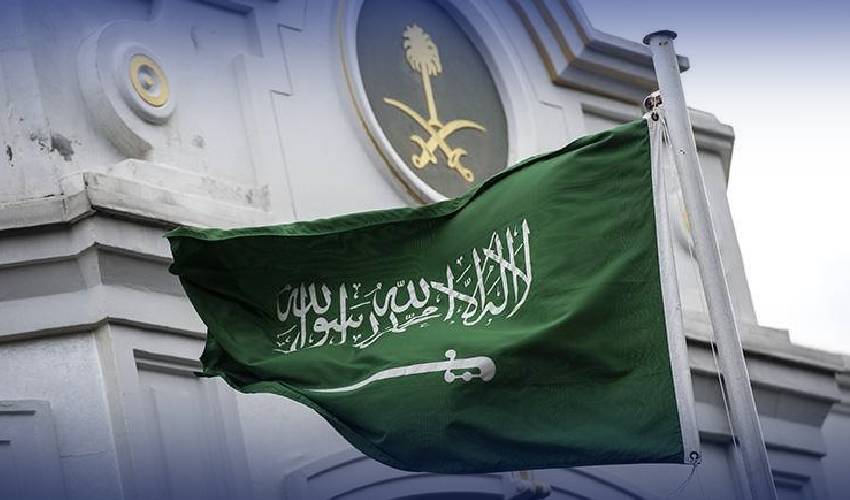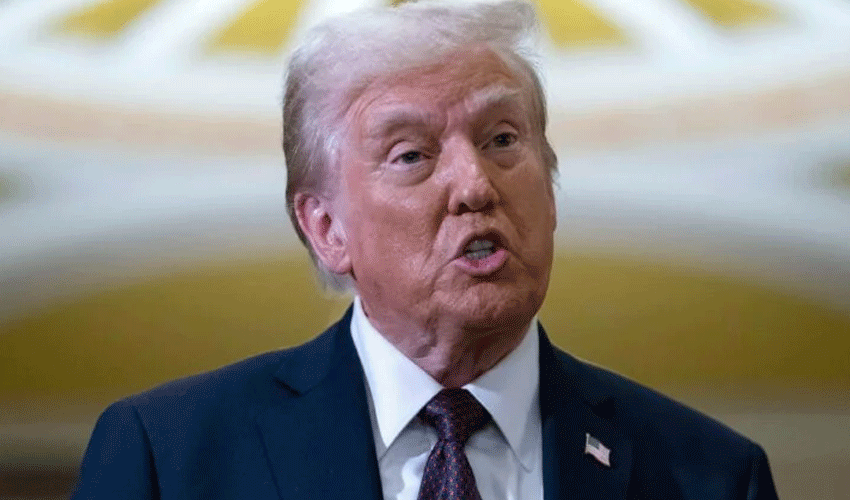Saudi Arabia announced that the estimated value of its mineral resources has nearly doubled to $2.5 trillion, signalling a commitment to diversify its oil-dependent economy.
Bandar Alkhorayef, the Minister of Industry and Mineral Resources, shared this news at a conference in Riyadh, stating that the increase of 90 percent from the previous valuation of $1.3 trillion is attributed to new discoveries of rare earth elements, higher volumes of phosphate, gold, zinc, and copper, as well as a reevaluation of these minerals.
Crown Prince Mohammed bin Salman had previously cited the $1.3 trillion valuation since at least 2017. Seeking to move away from fossil fuels, especially oil, Saudi Arabia, as the world's leading crude oil exporter, views the mining sector as a key avenue for diversification. The government aims to attract billions of dollars in foreign direct investment annually through this sector.
Energy Minister Prince Abdulaziz bin Salman emphasized the country's ambition to be recognized as an "energy-producing country for all sources of energy" rather than merely an oil-producing nation. The Vision 2030 reform agenda, led by Prince Mohammed, has identified mining as a feasible component of this diversification strategy, benefiting from existing mines, plants, and infrastructure.
Last year, the Public Investment Fund and state mining firm Ma'aden established Manara Minerals, targeting global mining assets. Manara's notable acquisition, a 10-percent stake in Brazil's Vale, was announced in July. Despite these efforts, Torbjorn Soltvedt of Verisk Maplecroft notes that foreign investment in Saudi Arabia is still below ambitious targets. The mining sector is seen as a promising avenue for boosting foreign investment, but the country has yet to secure a significant agreement with a major global mining company for active licenses.
A conference in Riyadh this week attracted delegations from over 77 countries, including resource-rich African nations where Saudi Arabia is expected to pursue mining acquisitions.
The United States, represented by Assistant Secretary of State for Energy Resources Geoffrey R. Pyatt, expressed a focus on reducing dependence on China for key energy inputs. Soltvedt suggests that mining could become another pillar of ties between Washington and Riyadh, with discussions ongoing, especially as Saudi Arabia becomes more active in the African mining sector.
Despite the positive valuation announcement, Saudi Arabia still faces challenges in becoming a preferred destination for foreign direct investment.


























